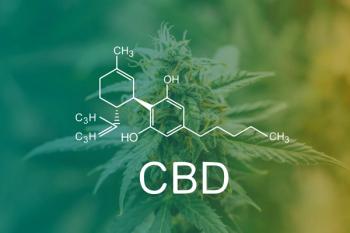
FDA and FTC Issue More Warning Letters to Copycat Delta-8 THC Food Products
This article, originally published by our sister brand Nutritional Outlook, covered updates from the U.S. Food and Drug Administration and Federal Trade Commission on their jointly issued warning letters to five companies for selling copycat food products containing delta-8 THC in violation of the Federal Food Drug and Cosmetic Act.
The U.S. Food and Drug Administration (FDA) and Federal Trade Commission (FTC) have jointly issued
According to a press release from FDA, the warning letters are part of the agencies’ ongoing efforts to take action against companies selling copycat foods with delta-8 THC.
“Inadequate or confusing labeling can result in children or unsuspecting adults consuming products with strong resemblance to popular snacks and candies that contain delta-8 THC without realizing it,” said FDA Principal Deputy Commissioner Namandjé Bumpus, PhD, in a press release. “As accidental ingestion and/or overconsumption of delta-8 THC containing products could pose considerable health risks, the companies who sell these illegal products are demonstrating complete neglect for consumer safety. The FDA will continue to work to safeguard the health and safety of U.S. consumers by monitoring the marketplace and taking action when companies sell products that present a threat to public health.”
According to FDA, between January 1, 2021 and December 31, 2023, the agency received over 300 adverse event reports involving children and adults who had consumed delta-8 THC products. They explain that nearly half of these reports involved hospitalization or emergency department visits. Approximately two-thirds of these events followed ingestion of food products containing delta-8 THC, such as candy or brownies. The adverse events listed included: hallucinations, vomiting, tremor, anxiety, dizziness, confusion, and loss of consciousness.
Many of the offending products are difficult to distinguish from many popular snack brands. “Companies that market and sell edible THC products that are easily mistaken for snacks and candy are not only acting illegally, but they are also putting the health of young children at risk,” said Samuel Levine, director of the FTC’s Bureau of Consumer Protection, in a statement. “Those that prioritize profits in front of children's safety are at serious risk of legal action.”
Newsletter
Unlock the latest breakthroughs in cannabis science—subscribe now to get expert insights, research, and industry updates delivered to your inbox.




